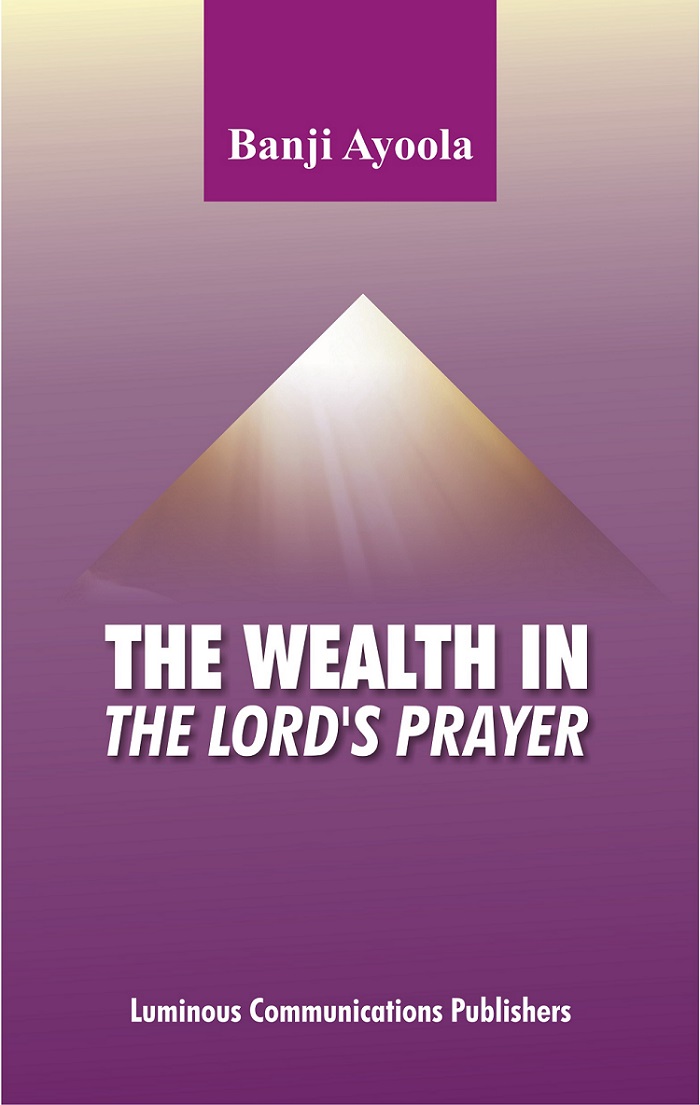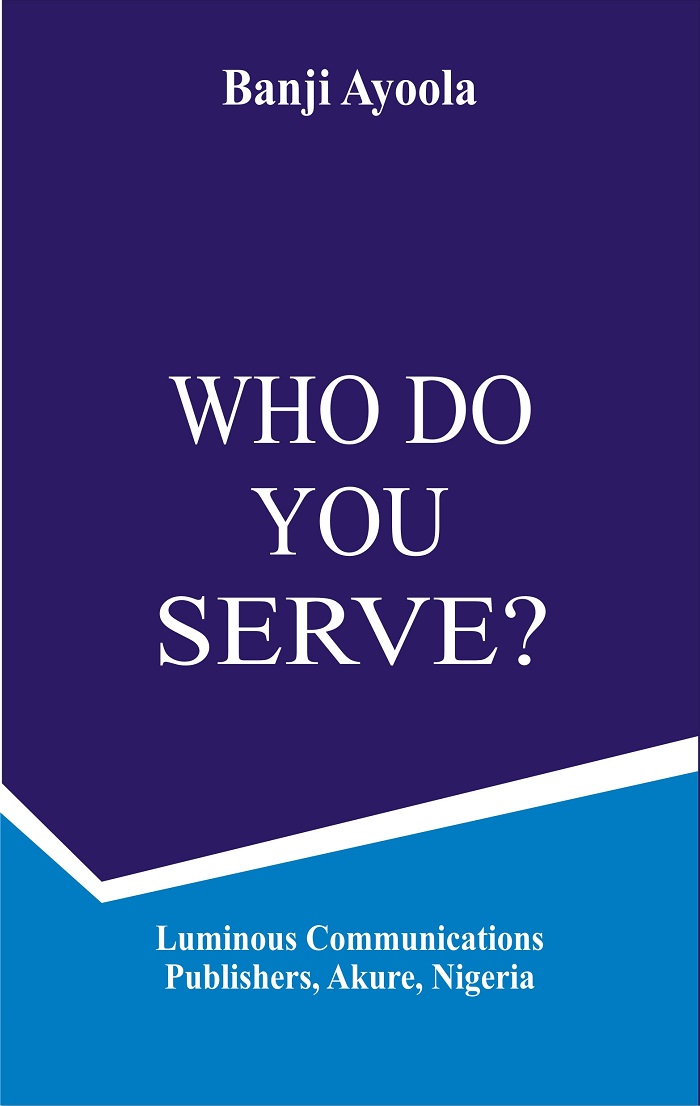By Yinka Fabowale
As a rule, I refuse to give beggars alms.
Were Florence Fabowale to know of the fact today, she would twist my ears until the poor, tender lobes turn red and hurt.
But, thanks to the gulf of the Atlantic Ocean that has kept me safely out of her reach.
But even if she would wish to, I doubt that any of those 93-year-old frail limbs can inflict the kind of pain they used to on my flesh as in their old days of vigor.
For Mother, it’s a grievous sin to turn away from the poor and the needy without giving them money or some other stuff.
It’s not just a precept we grew up on, she taught us by practical example.
While we were still children of between three years and five years, she would pick coins from her bag, and give us to go and give alms- begging destitutes, whenever we sighted one. Just as she did too in church for us to drop in the offering bowl.
She never gave us the impression that it was an errand, but that the money was ours, and to teach us to lend it to kindness and empathy with those who suffer and lack.
I grew up in this age of innocence and beyond actually cultivating these virtues.
In time, though, the rites of charity assumed the character of a deal.
There’s this exulting thrill one feels from believing that one was thereby fulfilling Divine commandments and is thus pleasing to the Almighty Creator.
Then, there were the unsolicited, effusive prayers the receivers say for their benefactor, which, in time, became expected and are even demanded! It did not matter if the so-called benediction is a perfunctory regurgitation of flattering, superfluous words without the reciter’s heart in them! Devoid of such fervency and power which alone can drive it to the Heights where all granting comes, the prayer flutters ineffectually about in the lower plane. But the do-gooder goes away in the illusion of having been blessed.
Then there is the entertainment aspect that others add to it, chanting the prayers with an irresistible sing-song melody which, at the same time, betrays apparent marketing intent!
Indeed, alms-begging is big business in Nigeria. It’s no longer the exclusive preserve of Almajiris, mendicant and the genuinely poor, it has become the turf of the indulged lazy and the fraudulent who fake infirmities and concoct stories of phantom misfortunes from which they seek rescue, just to fleece you.
They show up in different hues:
Some in the guise of preachers, although more correctly put, prayer merchants, waylay and hold travelling passengers captive at the motor parks, pretending to preach the gospel until the bus fully boards and is about to leave. Then comes the desperate appeal to “sow seed!” in support of evangelism.
The ingenuity with which they weave their incredible tales and theatrical skills they display in acting them out will put the best of Nollywood stars in the shade at the prestigious movie awards ceremonies.
Save that, to the discerning, the lies and deception are easy to detect.
Let’s ignore the charlatans. Let’s concern ourselves with those who, one might say, are justified to beg members of the public for money or material help – the lame, or blind, for example. Many will be shocked to discover that some of such beggars are better off in terms of finance and living standards than they who eagerly grease their palms with Naira; that they unwittingly indulge indolence and aid irresponsible lifestyles that compound the problems of the society with their act of charity.
The Saturday Sun ran, some years ago, the sensational story of a young paralytic who was married to four different wives and had about 12 children. He fed and took care of his large family with money which kind-hearted and hard-toiling Nigerians – workers, students, traders and just about any passer-by dashed him in Iyana Iba area of Lagos where he begged daily!
Many of his benefactors who were male and older than him, might not even be married due to financial handicap, among other factors.
Others who have families might be struggling to survive and cater for their households.
Yet, our man smiles home every day with their N10, N20, N50 and N100, which, when added up, surpassed the wage of a company CEO in a month! (The tabloid story is better read as it is juicier and more interesting than what is stated here. The details will give you something to think about!
Also, there lived a popular lame man in Sagamu, my town, when I was a child. He made his way around the town half-crawling and half-dragging himself with the aid of a pair of short wooden crutches held in his hands and rubber-shoes soles padding his wobbly ankles and other vulnerable parts of his limbs. A pathetic sight.
By the time I finished secondary school, he had discarded the rags and implements for an exotic wheelchair with which he drove himself round the town, in neat, gaily dresses.
I learnt, after I finally left home, that he had two houses built among his kinsmen in Sabo area of the town. He’s either Hausa or Fulani, although everyone called him ‘Taiwo’.
I am someone who tends to act strictly based on conviction and scrutiny of the facts of situations.
Hence, you will understand why I found it difficult to, undiscriminating, retain the article of faith handed down to me by my parents, as I grew older, when you consider the two cases I cited.
I almost eventually discarded it altogether, owing to growing spiritual understanding.
It doesn’t mean I am unfeeling towards other people’s problems or suffering or that I have ceased to offer help to people in need. No. It’s just that, I would now rather give monetary and other forms of assistance to neighbors, friends and others I know can really do with it, but refuse to fawn, beg, extort or exploit others. Those who command my respect with the way they keep their pride and dignity by toiling day and night to put food on the tables for their families, like everyone else. Many of them have the best smiles with which they cheerfully greet you. Selfless and humble, they are often very willing to help you with tasks and come to the rescue when you find yourself in a jam, without expecting any reward. In a word, they are banks of virtues and values.
There are so many of their kind in our workplaces, places of worship and our local environment.
– Yinka Fabowale is the Editorial Board Chairman of The Radiance.





